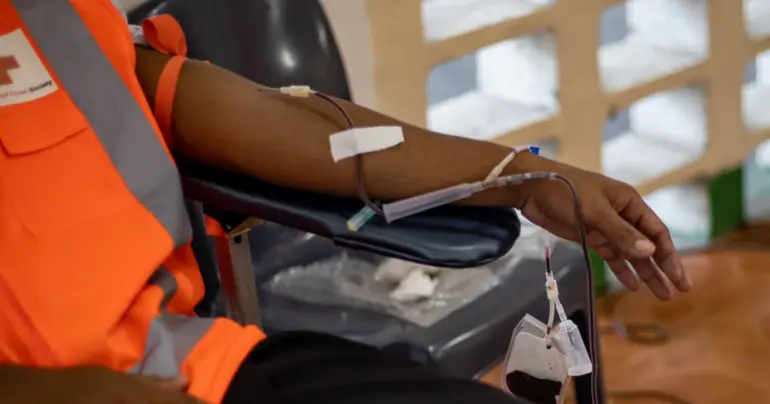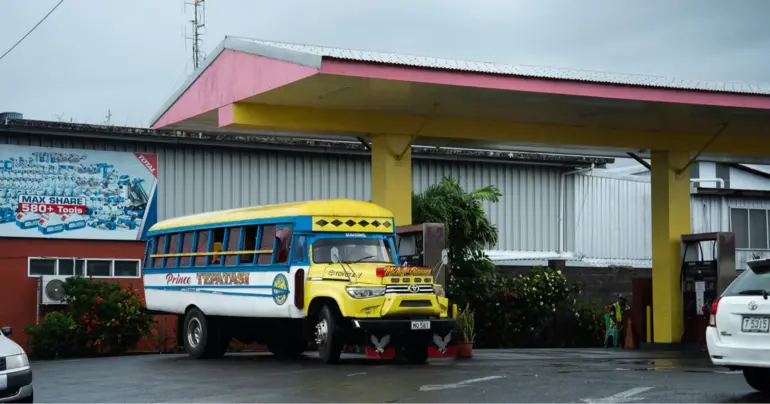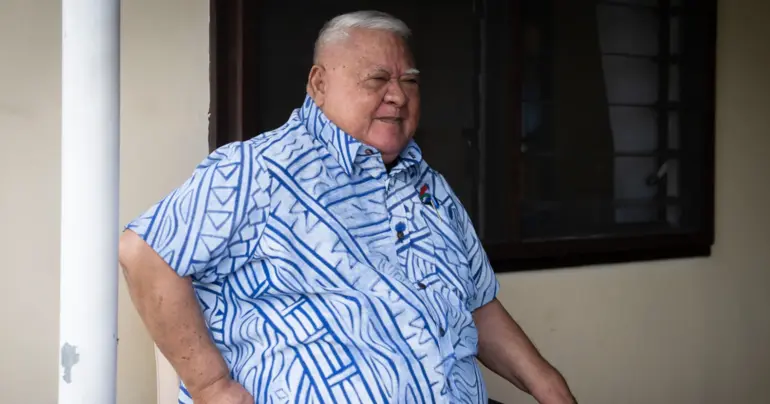Samoa takes part in bio-trade webinar
 By Adel Fruean
•
30 July 2021, 4:00AM
By Adel Fruean
•
30 July 2021, 4:00AM
Representatives from various Pacific island nations including Samoa recently participated in a virtual webinar to discuss decision-making processes in access and benefit sharing and bio-trade.
The webinar was recently hosted by the Secretariat of the Pacific Regional Environment Programme (S.P.R.E.P.) and was the fourth webinar series on the topic of Prior Informed Consent (P.I.C.) and Mutually Agreed Terms (M.A.T.) under the Nagoya Protocol of the Convention on Biological Diversity.
The webinar was titled "Negotiating a Contract: Inclusive Decision-Making Process in Access and Benefit Sharing; breaking barriers in implementing Nagoya Protocol" and attracted around 60 individuals from governments, non-governments, academia and research organisations.
The theme for the panel discussion was negotiating contracts with inclusive decision-making processes in access and benefit sharing (ABS) and bio-trade, and breaking barriers in implementing the Nagoya Protocol.
The virtual webinar was a continuation of the dialogue between important players to create greater awareness, inform decision-making processes, and share and understand ideas of regional players on access and benefit sharing.
The panel of speakers include: Professor Daniel Robinson from the ABS Capacity Development Initiative and University of New South Wales (UNSW); Dr. Evana Wright from University of Technology Sydney (UTS); ‘Ofa Kaisamy from S.P.R.E.P.; Margaret Tabunakawai from the Fiji Locally Managed Marine Areas Network (FLMMA) and Annie Tuisuga from the Samoa Scientific research Organisation (S.R.O.S.).
Highlighting the success of the Pacific in implementing the Protocol, Ms. Kaisamy shared her experience working with Palau on the first standalone access and benefit sharing legislation in the Pacific.
“There are many challenges and capacity building needs for the Pacific, especially with legal issues that S.P.R.E.P. has been working toward fulfilling for these countries,” she said.
She is the Manager of the Pacific Climate Change Centre at the S.P.R.E.P. in Samoa and was the former legal adviser for the GEF funded S.P.R.E.P. implemented Regional Project on Access and Benefit Sharing in the Pacific.
Speaking on bioprospecting experiences from Samoa, researcher for the Samoa Biodiscovery Centre and Manager of the Environment and Renewable Energy Team at the S.R.O.S., Ms. Tuisuga also did a presentation.
She talked about the consent and approval processes they have worked on in Samoa and how sometimes there are trust issues during such negotiations and also shared details of bioprospecting work S.R.O.S. is undertaking with communities in Samoa.
The webinar was held as part of the ABS Capacity Building and Information Exchange with experts in collaboration from the ABS Capacity Development Initiative (ABS-CDI) and moderated by Mr. Rahul Chand, ABS Capacity Building Officer at S.P.R.E.P.
Professor Robinson highlighted the difference between bio-trade, commodity trade and research on biodiversity on active compounds for commercial interests.
Sharing his experiences working with communities and governments from the Pacific, Professor Robinson gave suggestions on important considerations in developing ABS agreements to benefit communities.
His examples included tamanu oil and kava as commonly traded commodities in the Pacific and how they can be subjected to A.B.S. if studied for essential biochemical compounds and research to determine prospects in pharmaceutical and cosmetic sectors.
Professor Robinson’s research focuses on the regulation of nature and knowledge. His papers and books cover themes including 'biopiracy', access and benefit-sharing relating to biological resources, appropriation and regulation of indigenous knowledge, indigenous/customary laws and biocultural protocols, ethical biotrade, political ecology, environmental policy and management.
“The issue of fair and equitable sharing of benefits arising from the utilisation of genetic resources is always a difficult one, especially when it comes to intangible assets such as the associated traditional knowledge,” said Dr. Wright.
Highlighting that there is no perfect formula to calculate such a benefit, and her experience is that discussions about how the benefits are derived and shared should be included as part of the ABS negotiation and prior informed consent process.
Dr. Wright also identified the risks associated with joint ownership of intellectual property rights such as patents and recommended the use of well draft agreements to govern the use of such intellectual property rights.
There are now 11 countries from the Pacific that have become party to the Protocol with Kiribati being the latest to join.
 By Adel Fruean
•
30 July 2021, 4:00AM
By Adel Fruean
•
30 July 2021, 4:00AM











